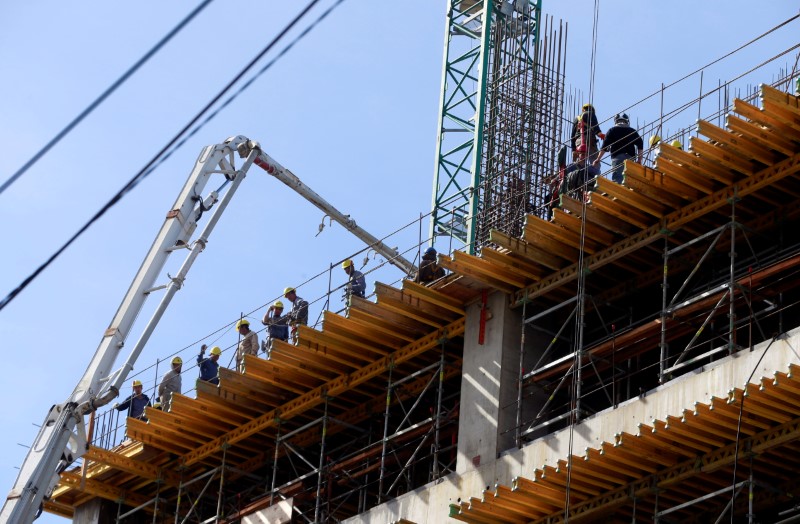Investing.com’s stocks of the week
By Luc Cohen
BUENOS AIRES (Reuters) - Argentina's unemployment rate dropped to 8.5 percent in the third quarter of the year, the government's Indec statistics agency said in a report on Friday, a bright spot in a slew of poor economic data for the recession-stricken country.
That was down from 9.3 percent unemployment in the second quarter, as the total number of unemployed Argentines fell by nearly 100,000 to 1.1 million.
The drop in unemployment came a day after government figures showed economic activity shrank 3.7 percent in September compared with a year earlier. Industrial output fell in September for the eighth straight month.
The decline in joblessness will provide some relief for President Mauricio Macri, whose center-right policies have come under fire from the country's powerful labor unions and Peronist opposition as a promised return to growth in the second half of the year has failed to materialize.
Last week, tens of thousands of protesters marched in Buenos Aires to pressure the government into increasing subsidies for the poor. More than 32 percent of Argentines live in poverty, the government said in September, up from private estimates of 29 percent last December, when Macri took office.
"It's a good figure for the government, which has been politically bruised recently," said Hernan Hirsch, chief economist at Argentine consultancy FyE Consult. "The recession has lasted longer than the government promised, putting their strategy in doubt. A favorable employment figure gives them some political oxygen."
Hirsch noted that while there was a seasonal component to the drop and many of the gains were concentrated in the less-productive informal sector, the fact that the total unemployment rate fell despite an overall increase in the labor force was encouraging.
Macri won office on promises of attracting foreign investment and reducing poverty, but the anticipated influx of investments has been slower than hoped, and some of the administration's austerity-minded policies, like reducing subsidies for home-heating natural gas, have contributed to inflation, limiting Argentines' purchasing power.
Friday's data marked the second time the government published official unemployment figures since Macri revamped the country's statistics agency, which was widely viewed as manipulating economic data under the populist administration of previous President Cristina Fernandez.
Argentina's gross domestic product is expected to shrink 2 percent in full-year 2016, before rebounding to grow 3.2 percent next year, according to private estimates.
